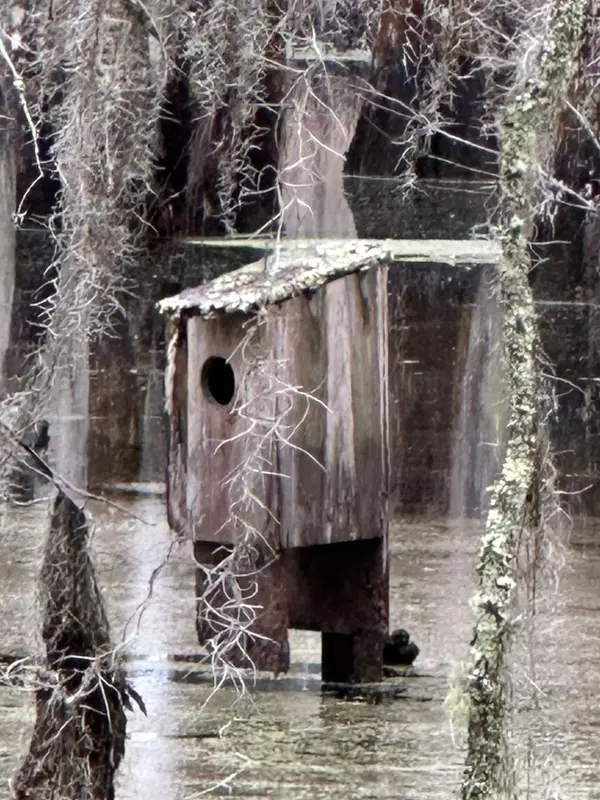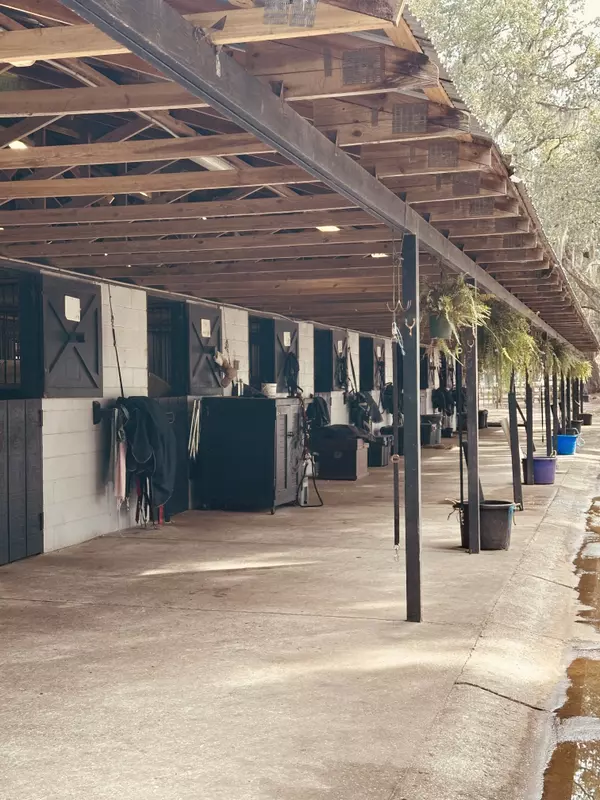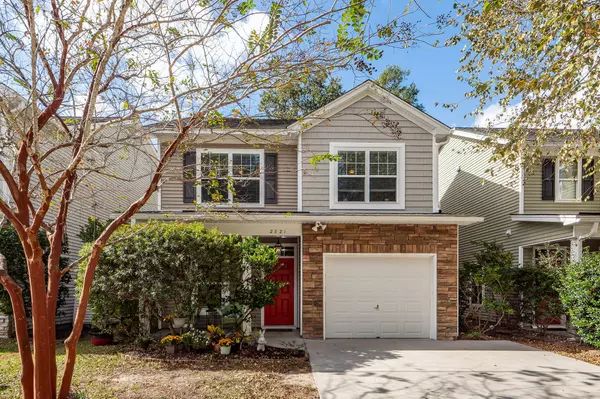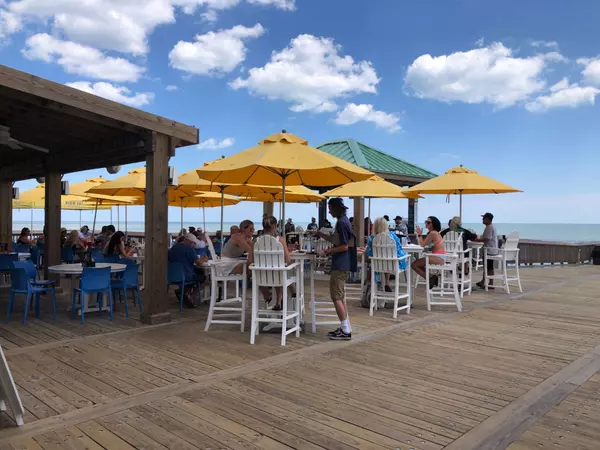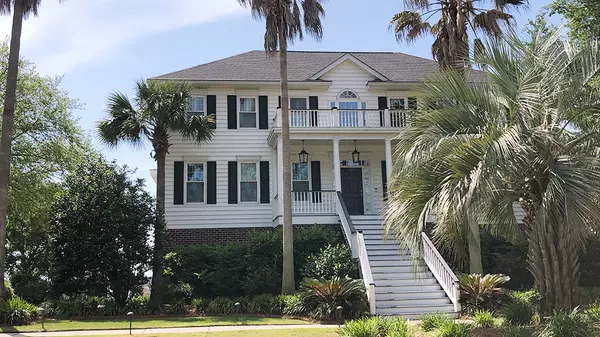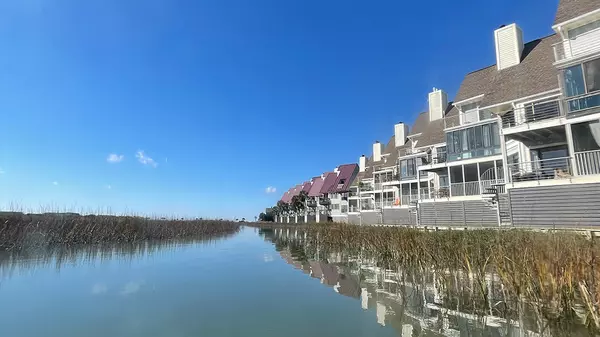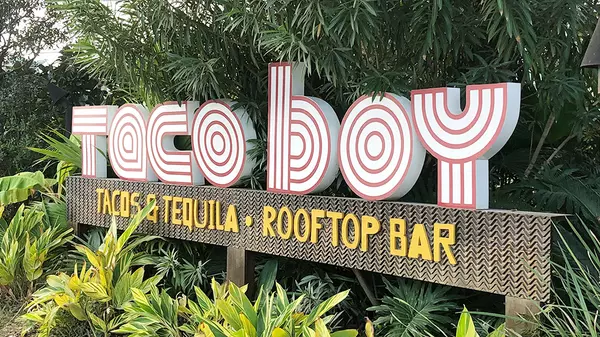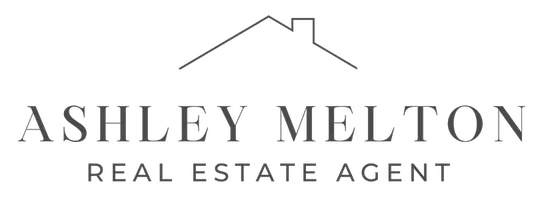What to Expect From a Home Inspection In Charleston, SC
A professional home inspection is an essential part of buying a new home in Charleston. As the home buyer, you're made aware of any issues the home may have and it gives you peace of mind knowing that there are no hidden issues that could cause problems later down the road.
But what should you expect from the home inspection process? How long does it take? And what exactly does it cover? How much does it cost? Who pays for a home inspection? In this article, I'll answer these questions and more.
What Exactly IS a Home Inspection?
It's important to note that a home inspection is not an assessment of a home's value. An inspection assesses the home's structural integrity, its mechanical systems, plumbing and also includes a look at the home's roof, ceilings, walls, windows, and more. Inspectors will even venture into the attics and crawl spaces - very few Low Country homes feature basements
The point of a home inspection is to reveal any issues with the home itself to protect both the buyer and the seller during the process of a home's sale.
What Does a Home Inspector Look For During a Home Inspection?
A home inspector looks at quite a list of items inside - and outside - of the home. Let's take a look at the major categories assessed during an inspection:
HVAC / Heating & Air Conditioning Systems
Furnaces, air conditioning, water heaters, chimneys, and fireplaces are all inspected to ensure they function as intended and have no damage or mechanical issues.
The Roof & Attic

The home inspector is looking for signs of damage to your roof and attic. In the attic, they'll confirm there's proper ventilation, appropriate insulation, no evidence of a leaky roof or water damage, and also assess the integrity of the truss system. Outside, they'll check the roof for any signs of roof damage and loose shingles. They'll also check your chimney for any damage and your gutters and downspouts to ensure water flows away from the property correctly and there are no drainage issues.
Electrical Systems & Appliances

Inspection of your electrical system involves confirmation of proper grounding. Proper grounding is imperative to prevent overheating and fires. Circuit breakers, outlets and GFCI outlets, wiring, and even ceiling fans are inspected for proper function.
The inspector will also check any major appliances for proper function and connections to ensure there are no fire hazards or electrical issues.
Plumbing
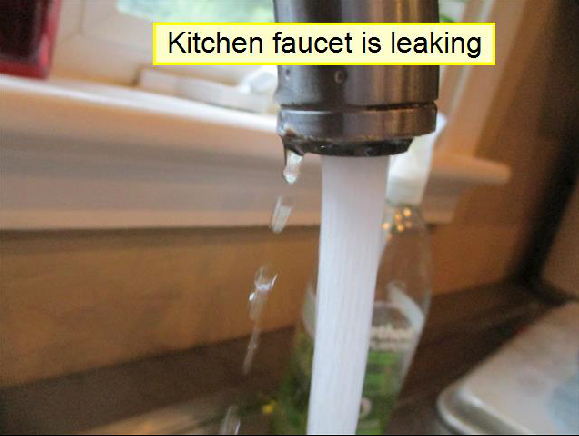
A complete review of the home's plumbing includes making sure sources of water including toilets and faucets have proper water pressure, start, stop and flow as expected. They will also test your water heater as well as check for damaged or leaking pipes. Homes with septic systems do not usually fall within the home inspection process, those should be inspected by a septic professional.
Walls, Ceiling, and Floors
Each of these items is checked to ensure they're straight and level. They're also inspected for any signs of water or other damage including cracks that could be signs of a larger problem.
Foundation

A home inspector will look for cracks, settling, and any other foundation damage that could lead to future issues. The inspector also checks for water infiltration, which can cause rot and mold growth.
Windows and Doors

Windows and doors will be checked to make sure the window frames and trim are secure and that they exhibit no cracks or rot. These items will also be tested for proper alignment - that they open and close correctly - and that they're properly constructed according to code and to prevent water infiltration.
Basement or Crawlspace

The crawlspace is especially important for older homes, with common issues being termite damage and water damage. Whether it's a basement or crawlspace, the inspector will be checking for signs of water infiltration or damage and pest issues. These issues can cause rot, mold, and future structural issues which can be very expensive.
What are the Typical Issues That Come Up During a Home Inspection?
A home inspector's job is to be objective and make note of any items that are less than ideal. Because of this, it would be a rare case indeed if you receive a blemish-free home inspection report. Cosmetic flaws and minor repairs, like missing pull chains on ceiling fans or broken blinds are common items. Brittle, broken shingles, or flashing on the roof. Soil grading that causes water to drain improperly away from the home. Safety issues with electrical wiring such as damaged receptacles, missing junction boxes, and reverse polarity. Sagging floors, door headers, and rafters in older homes. Peeling paint, missing or damaged caulking.
What are Some Costly Issues To Look For During a Home Inspection?
Sticking windows and doors, cracks in the exterior foundation, cracks above doorways can all be potential signs of a foundation problem that could be costly to repair. Damaged plumbing pipes, leaks, and poorly draining sewage lines are potentially costly repairs. Older homes can use materials prone to failure.
Termites and other wood-eating pests are a concern in the Low Country and can result in significant structural damage if not addressed. While a home inspector can identify signs of an infestation, a termite bond (CL100) is typically required from a pest control company in our area.
Excessive moisture and water damage in the crawlspace is typically a sign of water leaks or poor drainage from the home. This can cause issues that can be expensive to remediate.
What Repairs are Mandatory After a Home Inspection?
After receiving the written inspection report you and your real estate agent can decide on certain items you want to be repaired before moving forward with the home sale, but there are some key areas to focus on. These will include issues like structural or major systems defects and building code violations - anything that posts a safety concern with the home like foundation or structural defects, roofing issues, HVAC repair or even replacement, major electrical system defects and plumbing system defects.
How Long Do Home Inspections Usually Take?
You can expect the home inspection to last between 2-4 hours. You want a thorough review of the home and a good home inspector will take their time. You can also expect the complete written report within 24 hours depending on how busy the inspector is.
Should I Attend the Home Inspection?
As the buyer, it's important to attend on inspection day so you have a chance to view the home in more detail. This also allows you to ask questions during the process so you'll have a better understanding of the home and any potential issues that come up. Also, when choosing a real estate agent to represent you, choose one who states they're always present during the home inspection.
How Much Does a Home Inspection Cost?
Home inspections can vary slightly in cost from inspector to inspector and the size and age of the home, but the average cost in the Charleston, South Carolina area is between $400 and up.
Who Pays For Defects Found During a Home Inspection?
Once the repair request is submitted from the home inspection, the seller and the seller's agent will review the details and make any offers to pay for certain repairs, offer cash credits at closing to cover some or all repairs, or even refuse to make repairs altogether. If the buyer decides to request repairs, the buyer’s agent will submit a repair request.
Depending on the way the contract is written, If the seller refuses to make repairs, you may have the option to pull out of the sales contract and have your earnest money returned. However, the seller will typically be on the hook for any repair costs affecting the safety or health of the home's future owners.
An exception is in the case of an as-is sale where the home inspection is for information-only purposes for investment properties, or in a seller's market where there are multiple offer situations. In this case, there's no inspection contingency clause in the sales contract for the home inspection and the buyer waives their right to back out of the sale based on the information contained in the inspection.
Final Thoughts on Home Inspections
The home inspection is a critical step in the home buying process, but it can also be a very stressful time for you as the buyer. It's important to remember that the inspector is looking out for problems that may not be apparent to the buyer and being thorough is expected. So, don't freak out if the detailed report contains a lot of items! A good real estate agent will be able to walk you through each item in the report and advise you on which items are critical and which are minor issues. Not only that, you should lean on your real estate agent for suggestions on how to proceed with repair requests in the negotiation process based on the inspection results.
If you have any additional questions about the home inspection process, contact me - I'm always happy to help!
-Ashley Melton, Realtor®

Categories
- All Blogs (55)
- Charleston, South Carolina (13)
- First-Time Home Buyers (13)
- Folly Beach, South Carolina (12)
- Goose Creek South Carolina (1)
- Home Appraisals (2)
- Home Buying (34)
- Home Inspections (2)
- Home Maintenance (3)
- Home Selling (14)
- James Island, South Carolina (3)
- Mount Pleasant, South Carolina (3)
- New Home Construction (1)
- Summerville, South Carolina (1)
- West Ashley, South Carolina (3)
Recent Posts
